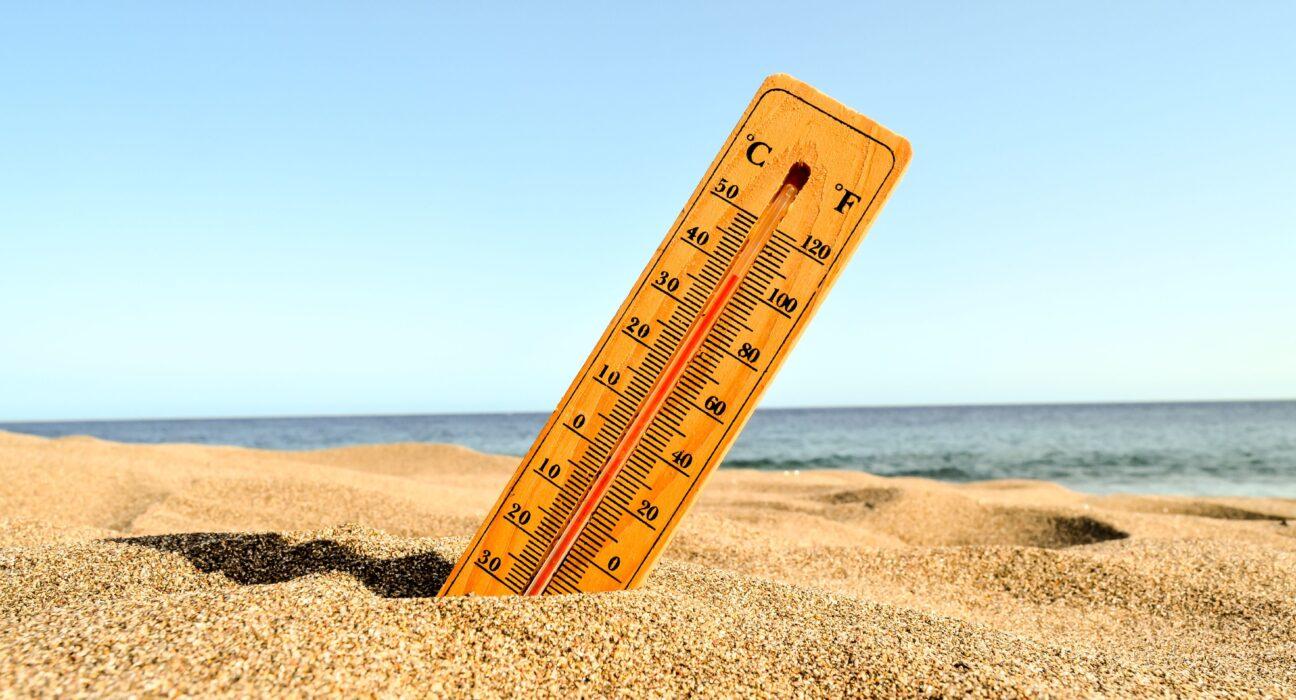As the summer sun intensifies and temperatures soar, it becomes more important than ever to pay attention to what you eat and drink. The heat can dehydrate you quickly and affect your energy levels, digestion, and overall well-being. Eating healthy and staying hydrated not only helps your body stay cool but also supports your immune system, skin health, and mental clarity. Here’s how to nourish your body and beat the heat with smart food and hydration choices.
Prioritise Hydrating Foods
When it comes to hydration, drinking water is essential, but your diet can also play a role. Many fruits and vegetables have a high water content, which can naturally boost your fluid intake. Some of the best hydrating foods include:
- Watermelon: Made up of over 90% water and packed with vitamins A and C.
- Cucumber: Extremely hydrating and low in calories; great in salads or smoothies.
- Strawberries: Juicy, sweet, and filled with antioxidants and vitamin C.
- Celery and lettuce: Light, crunchy, and full of water and fibre.
- Tomatoes and bell peppers: Full of water and add vibrant colour to any dish.
Try adding these foods to your meals, or enjoy them as refreshing snacks throughout the day.
Drink Water Consistently
In hot weather, your body loses fluids more quickly through sweat. Make it a habit to:
- Carry a reusable water bottle and sip throughout the day.
- Infuse your water with fresh fruit or herbs (like lemon, mint, or berries) for flavour without added sugar.
- Avoid waiting until you’re thirsty—that’s a sign you’re already mildly dehydrated.
Aim for at least 8-10 cups of water (8 fl. oz) per day, and more if you’re active or spending time in direct sunlight.
Choose Light and Fresh Meals
Heavy meals can leave you feeling sluggish in the heat. Focus on meals that are:
- Fresh and light: Think grilled fish or chicken, colourful salads, whole grains, and seasonal vegetables.
- Low in saturated fats: Fatty, fried foods can slow digestion and increase body heat.
- Rich in nutrients: Summer produce is at its peak; take advantage of farmers’ markets for the freshest options.
Cold soups, such as chilled carrot coconut soup or cucumber soup, can also be a great alternative to hot dishes on sweltering days.
Avoid Excess Sugar and Caffeine
While iced coffee and sugary drinks may seem refreshing, they can contribute to dehydration. Instead:
- Limit sodas, sweet teas, and energy drinks.
- Opt for herbal iced teas, coconut water, or homemade smoothies.
- Maintain a moderate caffeine intake and balance it with additional water.
If you do crave something sweet, reach for frozen grapes or a fruit popsicle made with real fruit.
Be Mindful of Electrolytes
When you sweat excessively, you lose not only water but also essential electrolytes, such as potassium, sodium, and magnesium. Replenish these with:
- Bananas, oranges, and avocados (excellent sources of potassium)
- A pinch of sea salt in your food
- Natural electrolyte drinks or coconut water (watch for added sugars)
For athletes or those engaging in intense outdoor work, hydration with added electrolytes can be crucial.
Final Tips for a Healthy, Hydrated Summer
- Eat small meals more often: It helps regulate body temperature and digestion.
- Plan ahead: Take snacks and a water bottle when you’re on the go.
- Listen to your body: Fatigue, dizziness, or dry mouth can be early signs of dehydration.
Staying healthy during the summer doesn’t require a complete overhaul of your lifestyle; it’s about making smart, seasonal choices. Keep your body cool and energised by drinking plenty of fluids, choosing fresh and hydrating foods, and avoiding overly processed or sugary items. Your body will thank you with increased energy, improved focus, and enhanced resilience to the heat.
By eating well and staying hydrated, you can enjoy all the fun summer has to offer—without burning out.





